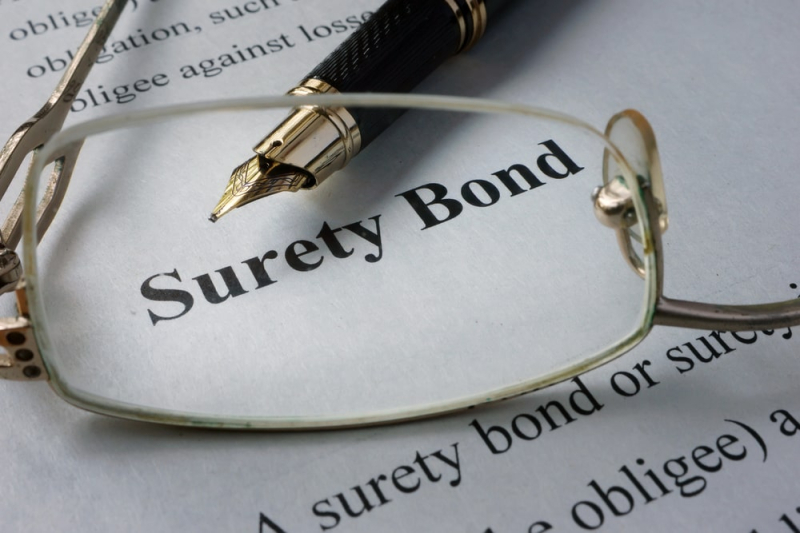In the first half of 2023, Australian insolvency numbers hit a seven-year high, so why aren’t businesses doing whatever it takes to minimise the impact of insolvency?
The Personal Property Securities Act (PPSA) was introduced in 2012 to do just that – it helps protect Australian Businesses by minimising the impact of insolvency. Yet few businesses in Australia are taking advantage of this beneficial legislation.
So why aren’t more businesses complying with the PPSA?
And if you’re not complying, why not?
It can’t be the cost; you’ll probably spend more on coffee each year. It is more likely a lack of awareness and appreciation for what the PPSA is all about.
Levelling the Playing Field with PPSR
Traditionally the ‘winners’ from an insolvent business were the secured creditors (usually the banks); the ‘losers’ were almost always the unsecured creditors, the suppliers to the now insolvent business.
The PPSA was introduced to ‘level the playing field’ between secured and unsecured creditors, enabling suppliers of goods to have the highest level of security.
The PPSA should have been received with ‘fanfare’; however, it was overshadowed when equipment owners became aware that the equipment they hired/leased to their customers could, for the first time, be lost on the insolvency of their customer.
So, we have two outcomes from the introduction of the PPSA:
- An excellent outcome for suppliers of goods.
- A bad outcome for hirers of equipment.
As you would have it, the first news story about the PPSA was GE losing $50m of equipment they had leased to the insolvent Forge Group.
Hang on, doesn’t GE own the equipment?
Yes, they did, but ownership isn’t the issue.
It’s all about registering your interest in the equipment.
GE failed to register their ownership of the equipment, so they lost it to their insolvent customer.
How does the PPSA work?
If you sell goods on credit terms, you can take security in those goods. This makes sense; after all, you’re taking the risk of offering credit terms to your customers. To secure their payment, suppliers often retain the title of the goods until they have been paid for.
Retention of title has been around for a long time, but the PPSA has ‘turbo boosted’ its effectiveness. All you need to do to take advantage of this security is to ensure that retention of title is in your terms of trade (it usually is) and that you perform a PPSR registration over your customer.
This will usually require one six-dollar (Government charge) registration for each customer. The registration lasts seven years and protects every transaction with your customer.
Registration ensures you can enforce your rights; if you don’t register, you lose all your rights when the customer collapses into insolvency. Think of registration as ‘turning on’ your security.
PPSR Registration
If you have retention of title and you register it on the Personal Property Securities Register (PPSR), and you have an insolvent customer, you can:
- Recover any unpaid goods (or their value) still in the customer’s possession.
- Recover any outstanding proceeds your customer generated from their sale before their insolvency.
- If your goods have been attached to other goods or equipment or mixed with others, you now have a security interest in the entire item.
- Registration can also assist in defeating an unfair preference claim.
Here’s a recent example.
ABX sells steel subject to retention of title. ABX has registered its security on the PPSR. One of its customers collapses into insolvency, owing them $59k. At the time of their customer’s collapse, there was $49k of ABX’s stock on hand. The Administrator paid ABX the $49k so he could use the steel.
If ABX had not registered their security interest in their steel, the Administrator would simply have taken it. ABX would have lined up with all the other unsecured creditors, unlikely to receive any return.
If you’re in the equipment hire game, you simply must comply with the PPSA, particularly if high-value assets are at stake; it’s just not worth the risk.
Losing your equipment to an insolvent customer is a terrible way to find out if the PPSA applies. There have been far too many examples where hire businesses thought the PPSA didn’t apply to them, only to find out on a customer’s insolvency that it did.
You can comply by performing one ‘blanket’ PPSR registration (two if you hire Motor Vehicles) over each customer (the Government charges you six dollars for each registration). The registration will protect all your hires with them for the next seven years.
The ‘maths’ are simple.
Customer x $6* = seven-year PPSR registration.
*$12 if you hire Motor Vehicles
Other costs are involved but pale in significance when comparing them with your additional fleet management costs.
PPSA Support for Your Business
If you’re wondering whether the PPSA applies to your business, contact PPSAdvisory to perform their Impact Assessment service. They will review your business and terms of trade and provide a cost/benefit analysis of compliance, allowing you to make an informed decision on whether compliance makes sense for you.
If you’re already complying with the PPSA, their Assurance Review service will review your PPSA policy and PPSR registrations to ensure they are in order. If it involves the PPSA, involve PPS Advisory.
About the Author: Simon Read
Simon Read is a Chartered Accountant with over 30 years of experience in insolvency and now more than 12 years specialising in the PPSA. He is a Graduate member of the Australian Institute of Company Directors.





